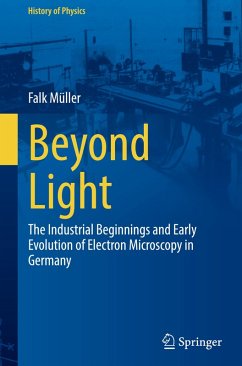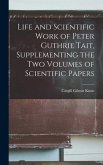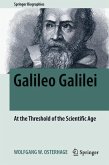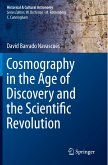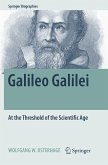As a powerful research technology, electron microscopy has shaped various natural and technical sciences. With its help, previously invisible pathogens such as viruses or bacteriophages became visible. After first successes in medical and biological research, it became a crucial research tool in the materials sciences, in chemistry, and solid state physics. The book focuses on the emergence and genesis of electron microscopy in Germany - from its beginnings in the early 1930s to the 1960s. Large corporations such as Siemens and AEG vied for supremacy in the development and sale of this innovative technology. In its early development, the success story of the electron microscope was characterized by strategic calculations, propaganda work, and tough patent negotiations, by conflicts among the protagonists over an appropriate place in future memory and by the entanglements with officials and organizations of the National Socialist State. The scientific and technical contributions of the electrical engineer and 1986 Nobel Prize winner in physics, Ernst Ruska, serve as a biographical thread.
Bitte wählen Sie Ihr Anliegen aus.
Rechnungen
Retourenschein anfordern
Bestellstatus
Storno

